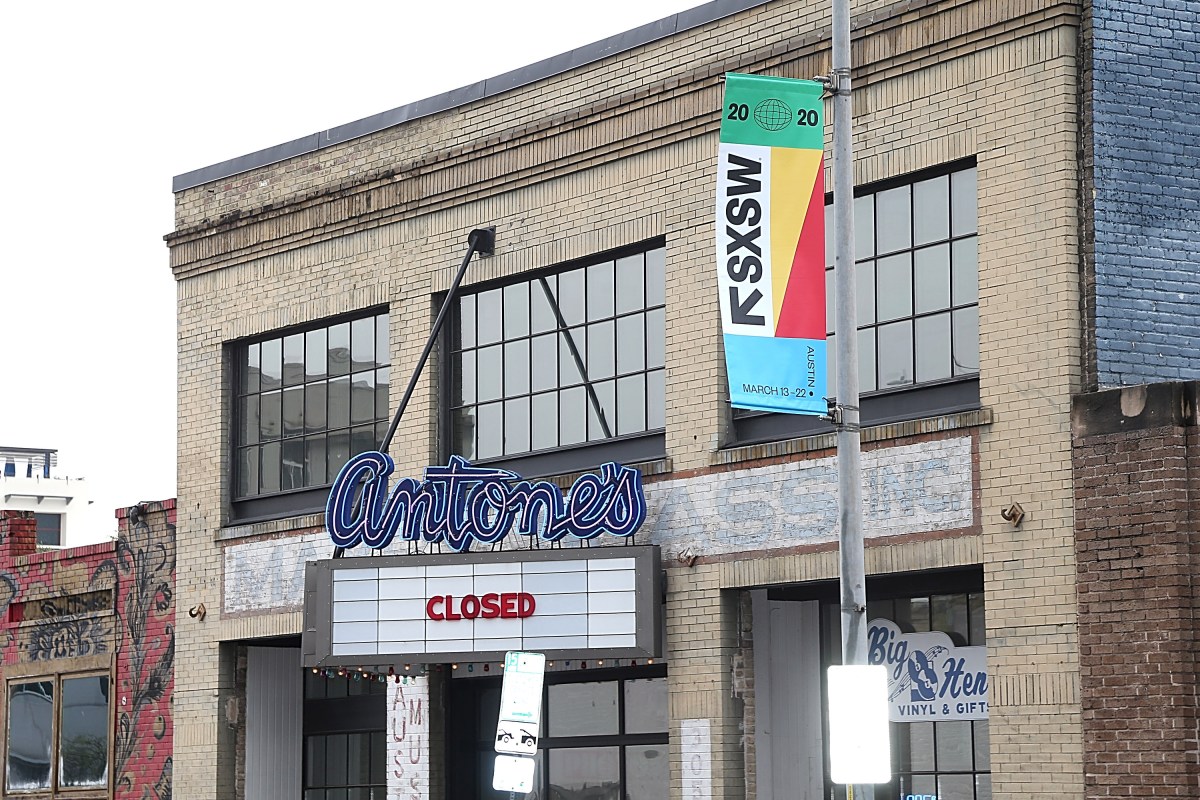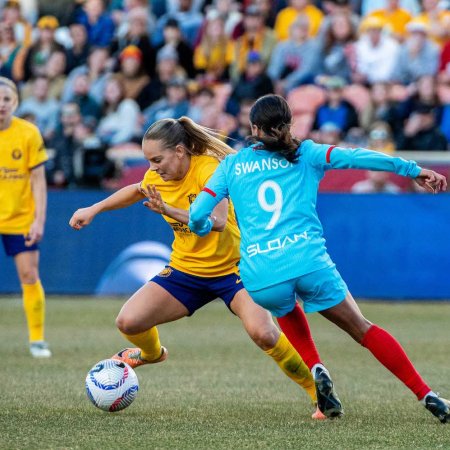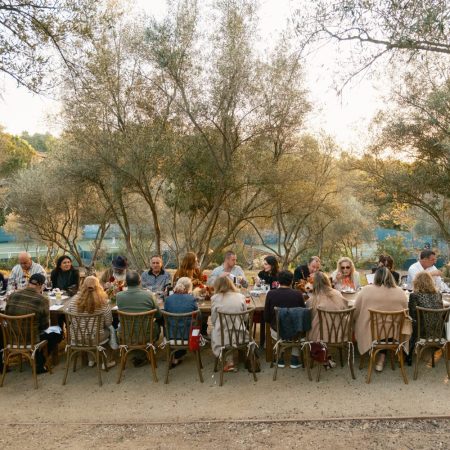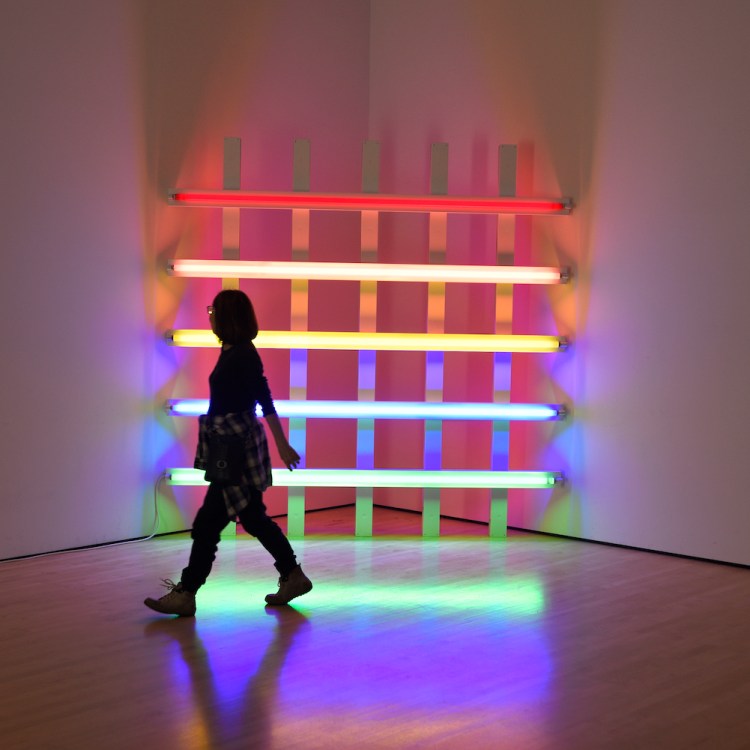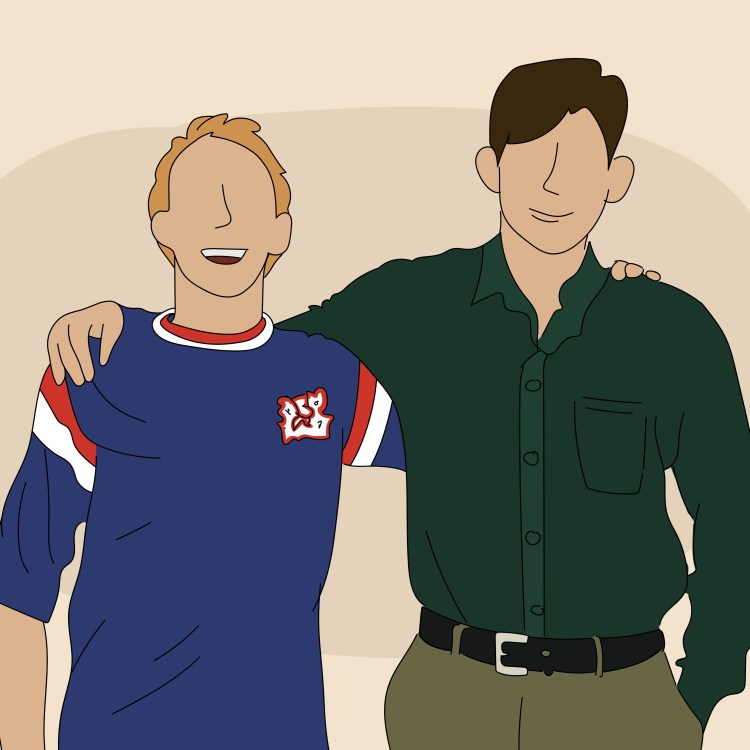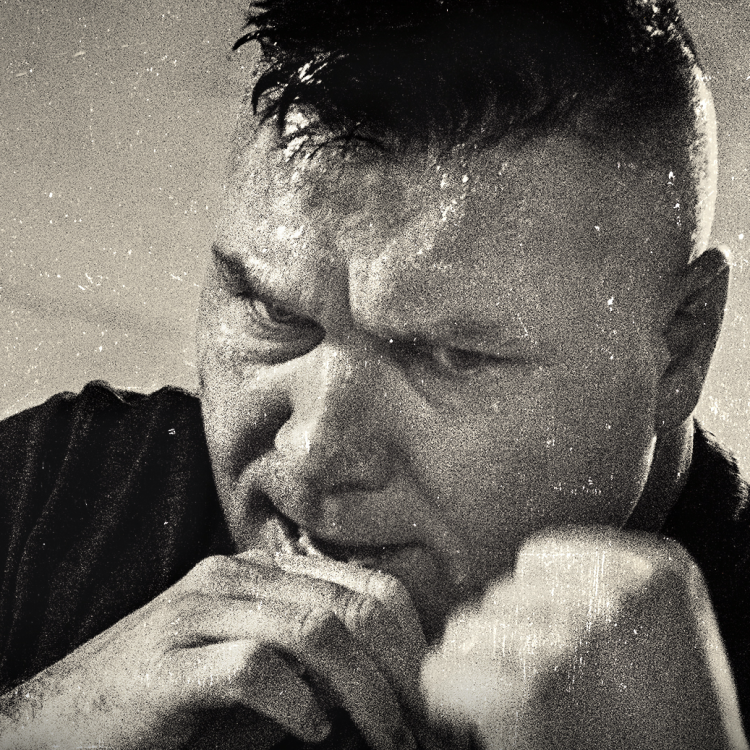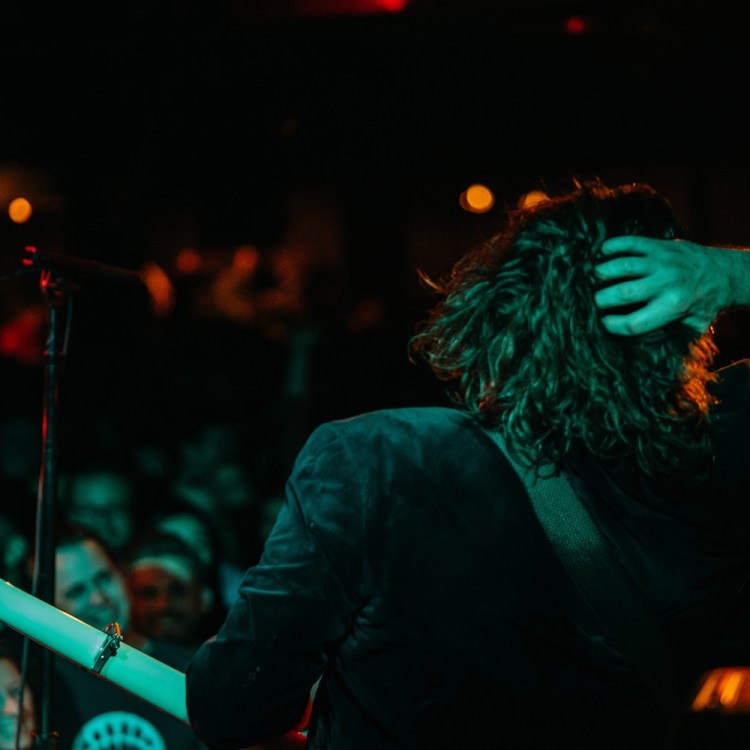As the winter months slowly faded and the weather gave us all a taste of spring, major organizations around the United States were gearing up for event season. Coachella, the massive music and arts festival held every year in California; South by Southwest (SXSW), the annual tech, film and music conference in Austin; and Google’s I/O developers conference were all on the horizon. But then, the novel coronavirus known as COVID-19 hit the United States. The virus had been sweeping the world, leaving maxed-out health care systems, high death rates and thousands fighting for their lives in its wake.
As the number of cases of COVID-19 in the U.S. began to climb, companies started to tell their employees to work remotely or from home. The Center for Disease Control recommended people halt all nonessential international travel. And those major events started to postpone or cancel entirely, leaving workers of all kinds unsure about their future.
“On my end, I have mostly seen an impact in the form of lost wages,” said Kyle Berzle, a producer, songwriter, recording and mix engineer based in Los Angeles. “In the freelance world of touring, contracts and contingency plans are few and far between. So in the case that something like this pandemic happens, those gigs disappear without any severance, compensation or protection, and you’re left on your own to make due. In general, the labor force of the touring industry is underregulated and a large percentage are non-union, which means that basic workers’ rights seem to go right out the window.”
To name a few, Facebook called off its annual F8 developers conference that was planned for May, though they will still share videos and live stream content. Google canceled the developer’s conference, which drew 7,000 attendees last year. Coachella was moved to October of this year, and SXSW was called off. All Broadway shows shuttered their doors until April 12. Adobe moved their conference to live-stream only. The NBA and NHL decided to stop their seasons. And that doesn’t account for smaller events planned in cities around the nation.
And then on March 11, 2020, the World Health Organization (WHO) declared that COVID-19 could be characterized as a pandemic. Following that designation, President Donald Trump announced a federal state of emergency surrounding the novel coronavirus, allowing additional funding to be used to address the pandemic. But what about all those workers whose livelihood depended on the now-canceled events?
The sudden loss of events like Coachella and SXSW has caused less of a trickle-down and more of a waterfall across the entertainment industry, but also for freelance and contracted workers, event staff, Airbnb hosts, local businesses and more, all of whom are feeling the weight of foregone opportunity.

“Pretty much all income that I had lined up for the next six weeks has been canceled or postponed, and there doesn’t seem to be a lot of clarity yet into how long these shutdowns will last,” said Berzle. “Not to mention, December and January are notoriously slow for the entertainment industry. I generally rely heavily on lots of work kicking up for February and March to pay off the credit card debt I usually accrue during those months from life expenses.”
Berzle is one of likely millions of freelancers and gig workers who have been affected by the massive event shutdowns. Forbes reports that 57 million U.S. workers (36 percent) are part of the gig economy, which means you either freelance or string together jobs on a short-term or contracted basis. Berzle himself says that about 90 percent of his current income is from mixing sound and planning logistics for live concerts.
“I not only pay rent on my house but also a commercial space for my recording studio and have been living month to month for about as long as I’ve worked in the industry. Which is not to say I don’t live comfortably, but I’ve been unable to put anything away for a rainy-day fund,” Berzle explained. “So hence, when a really long rainy day hits like this pandemic, I am utterly unprepared. My credit cards are nearing maxed out, and the industry that I make 90% of my income from has been shut down by government order. So I’m certainly panicking a little bit about how I’m going to pay rent in the coming months. I know so many people are hugely affected by this pandemic and that there are millions in the same boat.”
Just north of Berzle, Mack Cooper’s workplace, Sound Image, is also feeling the impact of cancellations in the Bay Area. After SXSW made the call, every event his company had scheduled in March and April soon followed. There are still a few events holding out for the end of May, but it is unclear if they will be able to occur.
“We have nothing to generate revenue, zero anything generating any revenue for the next month and a half,” Cooper said. “It’s wild.”
His company had trucks of gear that they were planning to bring to Stagecoach, and most of his team consists of freelancers who were headed to the Coachella Valley for a prosperous month of work.
“There’s a lot of promo tents and afterparties and lots of things, so pretty much every sound company on the West Coast has some stake in Coachella,” Cooper said. “And I would imagine the same to be said for the regions around SXSW and Austin City Limits and you name it, wherever these big festivals are.”
He told us companies like his — which supplies mixing consoles to large events — are now looking at hundreds of thousands of dollars in losses.
“The big festivals have a lot of impact because of how many players [are involved],” Cooper said. “Not to mention the touring acts, these artists who scheduled their tours out with Coachella [or other events] in mind.”
Though the entertainment industry itself has been hit hard, other, corollary industries are looking at losses as well. Uber drivers fall into that category, with about 80 percent of drivers in one survey saying they are doing fewer trips and making less money since the coronavirus started. Harry Campbell, Founder of The Rideshare Guy and Author of The Rideshare Guide, said that part of this is because a lot more people are working from home and fewer people are going out to restaurants and bars. While event cancellations may not be make-or-break for Uber and Lyft drivers’ livelihoods, they will certainly have an impact.
“I think that the events being canceled is definitely another big negative to driver’s income,” he said. “I think that with the events … with Uber drivers, it’s more so that those are just good weekends to drive … it’s definitely not a good thing.”
The cancellation of flights to those events — and in general — is also affecting Uber and Lyft drivers, as is the general fear of picking up someone who might be sick. Campbell says some drivers are avoiding airport rides all together.
According to a white paper that Campbell shared online, Uber and Lyft are both recommending that drivers wash their hands often and use hand sanitizer if they can’t get to a bathroom. The companies also told drivers to disinfect the inside of their cars and cover any coughs or sneezes. If a driver does feel sick, the companies both say to stay home.
Local businesses are also going to take a hit. According to Marketplace, SXSW had a $355.9 million impact on the economy of Austin, Texas in 2019. The festival had to lay off about a third of its full-time staff, or 60 people, after the cancellation. The Wall Street Journal writes that “events such as South by Southwest help the cultural economy survive.”
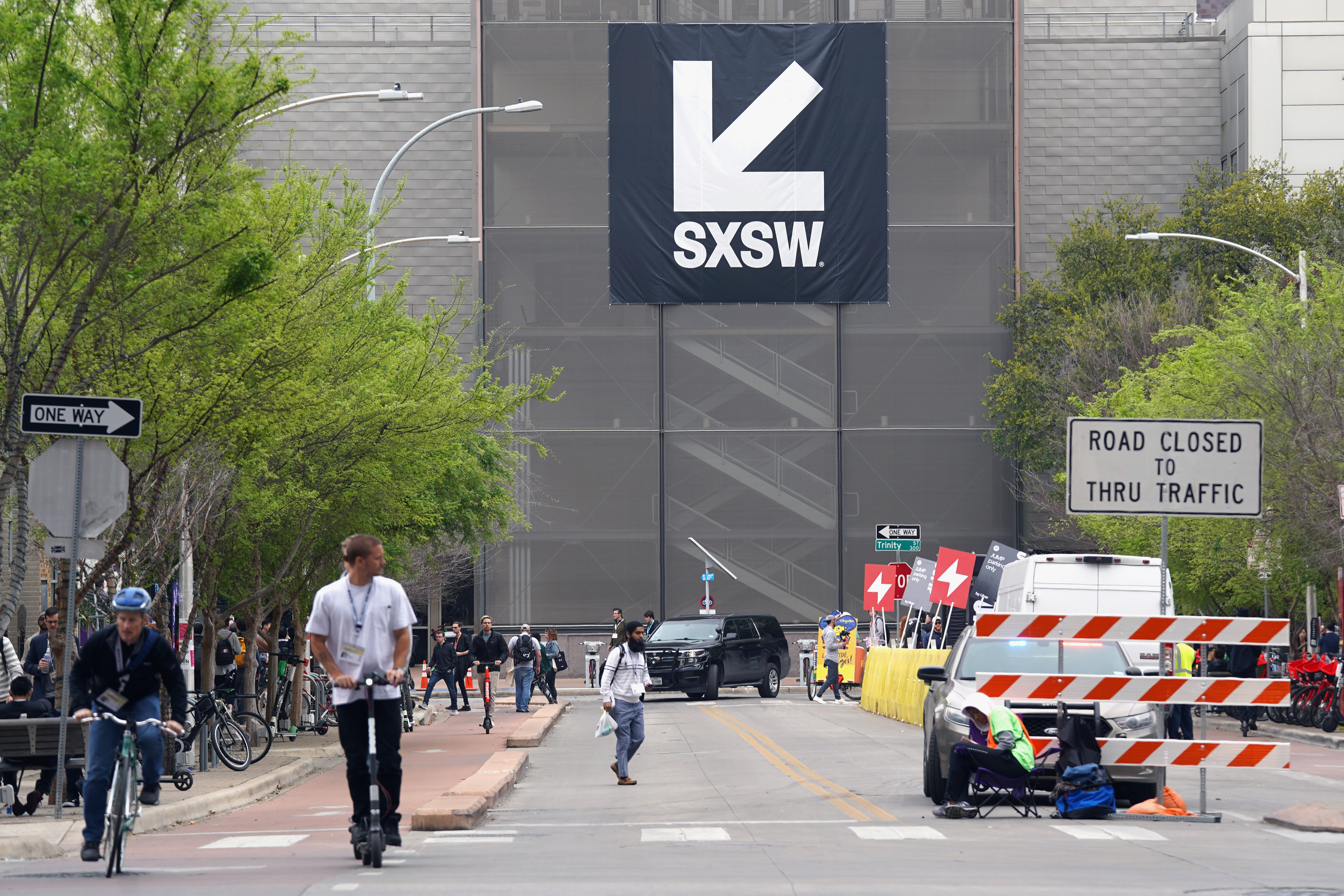
Byron Mowery, the owner of a graphic design shop in the city, explained to Marketplace how his business will struggle. “We stand to not write up $75,000 in business just for this month based on South by, which is huge for us; we normally double, triple sometimes quadruple our monthly net based just on South by,” Mowery said.
News Channel 3 (KESQ) in Palm Springs reports that local businesses in the Coachella Valley are also hurting after the postponement of Coachella and Stagecoach. Coachella usually draws 200,000 people to the Southern California desert each year. Heidi McArthur, owner of Jadabugs Kids Boutique, told KESQ that her business has seen a rapid decline in sales over the past few weeks and the foot traffic in her store, usually made up of vacationers, has slowed.
The hardest part about the cancellations is that there is no end in sight. Though some events have been postponed to fall, it is hard to know how long the pandemic will last.
“It’s a little existential when you think about the fact that like a lot of us don’t have a lot of other skills, I suppose I could go work on other skills real quick, but there’s nothing I can just go home and do and make money tomorrow,” said Cooper. “This is such a specialized field. I think that’s why industries like this are hit so hard, because it is so extremely specialized. Nobody is allowed to gather more than 10 people now, right? Well that’s all that we do, is gatherings of 10 or more people.”
He continued, “It’s super rough on our industry, and shoot, it’s super rough for the people putting those events on, it’s rough for every wedding that’s going to get canceled, it’s rough for every large corporate Google I/O and Facebook and all these big international events that have been canceled. They’re going to probably have to cancel marches and Pride festivals … the first big event we canceled was a fundraiser for kids with cancer. What does that do for the organization? The snowball effect of the whole thing is pretty crazy.”
This article was featured in the InsideHook Texas newsletter. Sign up now for more from the Lone Star State.
